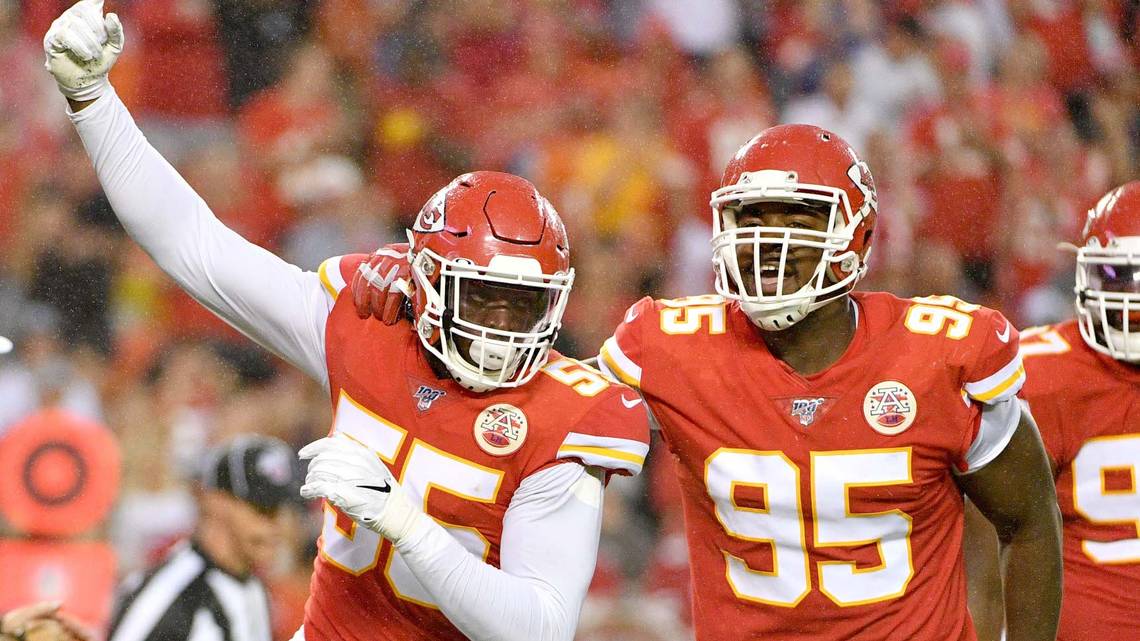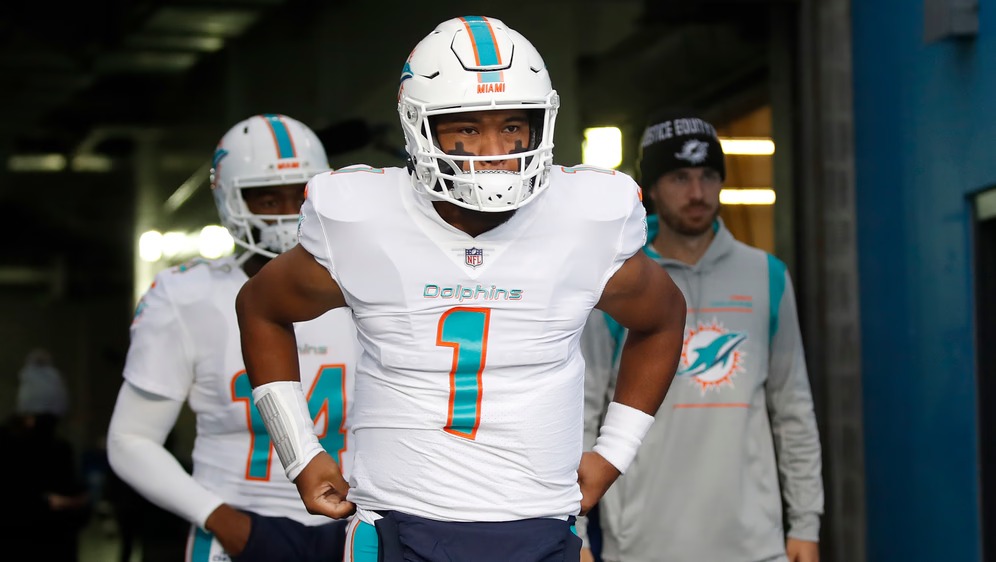The Baltimore Ravens have brought back problem child Diontae Johnson. But why actually? Behind the measure is a clever anticipation of the 2026 draft.
Diontae Johnson came to the Carolina Panthers ahead of the season with plenty of advance praise. However, he did not come close to meeting the high expectations.
He was later traded to the Baltimore Ravens, where he was first suspended and then released. After a week-long stint with the Houston Texans, Johnson is back in Maryland.
Spying? Johnson not eligible to play
After being released by Houston, Diontae Johnson went through the so-called waiver wire. This means that he is not yet a free agent and is not allowed to negotiate freely. After a certain order, teams can “claim” him and his contract situation, i.e. claim him for themselves.
The Ravens did that. However, since Johnson was released by the Ravens, then claimed by the Texans and even played, he is no longer allowed to play for Baltimore this season.
This is how the NFL wants to prevent a player from “spying” on possible insights of the opponent for a team. Especially since the two teams could still meet in the championship game. Formally, the wideout does not even belong to the squad, so he does not take up a place in the 53-man roster, but the Ravens still hold the rights to his personal details.
A positive side effect: no other team can secure Johnson’s services. Of course, he hasn’t impressed anyone yet – but taking an unnecessary risk wouldn’t be smart either.
Ravens eye Compensatory Pick 2026
The even more profound reason, however, is that the return trip could reward the Baltimore Ravens with a draft pick.
Each season, the NFL awards 32 so-called compensatory picks (translated: “compensation” picks). These are based, superficially speaking, on the quality of players or coaches lost in free agency.
For example, the Minnesota Vikings will receive an additional third-round pick in the 2025 draft for the departure of Kirk Cousins in March 2024, as Cousins was at the top of the league in both statistics and salary. Layoffs are explicitly not included.
The Ravens will also benefit in the upcoming draft: Patrick Queen will receive a fourth-round pick, and the departure of Jadeveon Clowney will yield a fifth-round pick. The exact formula for calculating which departure yields which compensation can be found here.
Since Johnson will be a free agent in March and Baltimore will almost certainly leave him after his contract ends, the Ravens may be able to secure an additional pick in the 2026 draft at no great cost and risk, since he is still playing under the contract he originally signed.
They can then presumably use that to get a more disciplined receiver than Johnson is.






Comments
No Comments